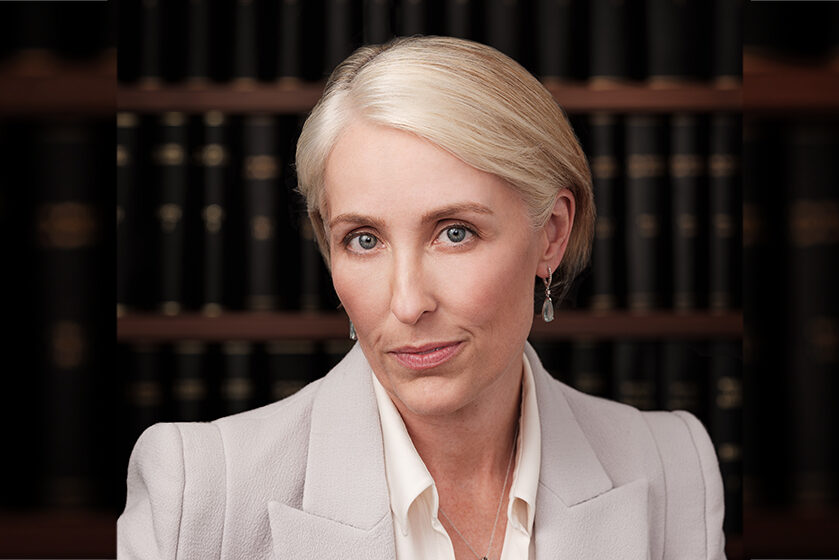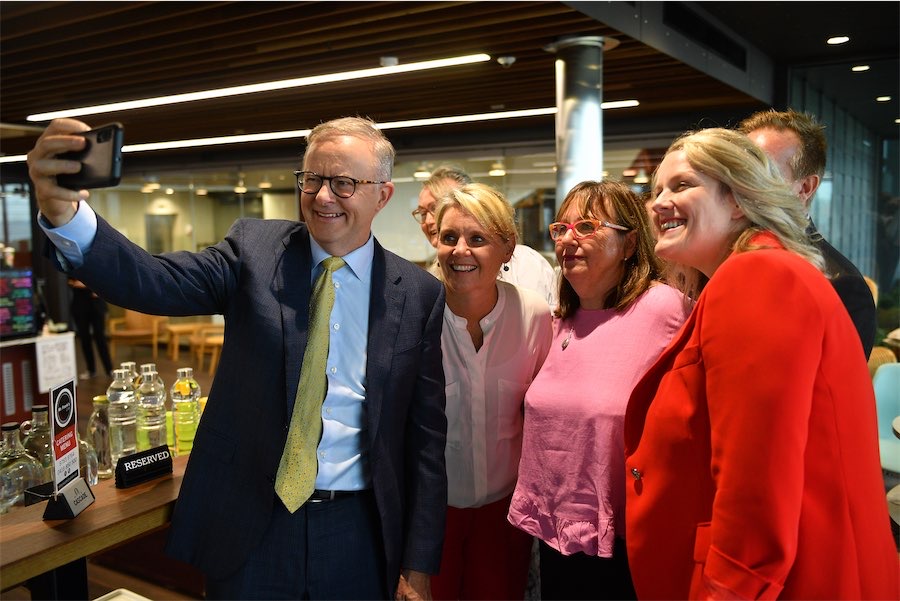GOVERNMENTS concentrate on counting costs. They are much less sophisticated at measuring value. Examples proliferate across political parties and at the Federal, state and territory level.

The great porkbarreller, Barnaby Joyce, may have got his comeuppance recently. His first appalling intervention was to move the Australian Pesticides and Veterinary Medicines Authority (APVMA) from Canberra to Armidale within his own electorate. He neither counted the costs of the impact on the APVMA nor the impact on Canberra. Perhaps Joyce had a value in his own mind: his votes and his own political future. This lapse of judgement was just the start compared to the landslide of recent times.
Recently Gai Brodtmann, the member for Canberra, launched a blistering attack in the Parliament on the government “making a hobby of cutting jobs in Canberra”. She touched on “all costs and no benefits” over the APVMA. It did not stop there. She went on to broaden her attack arguing the Budget means losing “98 jobs from six agencies” but not to regional Australia.
Brodtmann continued her passionate appeal for over “50 people with disabilities that will lose their jobs from the Department of Human Services”. Heartless. And, oh, the irony, from a department with that name.
“I beg you”, she aimed at government “hands off these jobs, hands off Canberra”. Appalling. A simple failure to understand the value thanks to a myopic view on costs.
The Federal Liberal government’s 2014 Budget slashed 16,500 jobs from Canberra. These cuts came on top of public service freezes over multiple Budgets.
The impact on Canberra’s growth and on the local economy was dramatic and recovery a long time coming. Later, as Minister for Regional Development, the Nationals’ Senator Fiona Nash argued for much greater regionalisation of the public service. Unlike Barnaby Joyce, she at least declared an appropriate procedure of assessing which departments, or sections of departments, would be suitable for moving to regional areas.
It is not just the Federal government. The ACT government also loses sight of value for money. As just one example, Community Services Minister Rachel Stephen-Smith chose a path of confrontation on the work of community organisations. Fifteen years ago Canberra Rotarian, the late Jim Ritchie, found people, young and old, going hungry and did something about it. He contacted Foodbank NSW in Sydney and arranged to transport cheap, good food into the ACT.
His efforts have grown so the Foodbank service has moved about 10 tonnes of food into Canberra each week. Over the last five years alone the Rotary Foodbank program delivered close enough to four million meals comprising two million kilograms of fresh, frozen and packaged food. Rotary co-ordinates the show, Roadmaster provides transport at a huge discount, charities distribute the food and the ACT government pays less than $100,000 for the transport – a third of the commercial costs.
Not recognising value for money, not recognising long-term community contribution of members of Rotary, not recognising the risk to those in hunger, the ACT government decided to put Foodbank to tender. As a service club the Rotary Club of Canberra refused to tender. In the end Rotary will work with the successful tenderer to ensure as far as possible that people will not go unnecessarily hungry. What a program to put at risk? Hardly value for money!
As another example, the Victorian government is about to privatise the land titles registry providing a 40-year lease to the commercial operator. Land Use Victoria is responsible for the registration of all land and property and holds data on mortgages, restrictions, leases and rights of way. Transactions approach $400 million a year. They are not the first. SA sold its registry for $1.6 billion and NSW is selling its registry for $2.6 billion.
The only reason that private funds invest is because they can measure a return on investment that is now lost to the public purse. It is a similar story in Canberra with public buildings sold to investors on the promise of a rental return. Across the spectrum, balancing this year’s budget trumps long term value for money.
Michael Moore is a former member of the ACT Legislative Assembly and an independent minister for health in the Carnell government. He is a member of the Rotary Club of Canberra.
Who can be trusted?
In a world of spin and confusion, there’s never been a more important time to support independent journalism in Canberra.
If you trust our work online and want to enforce the power of independent voices, I invite you to make a small contribution.
Every dollar of support is invested back into our journalism to help keep citynews.com.au strong and free.
Thank you,
Ian Meikle, editor





Leave a Reply